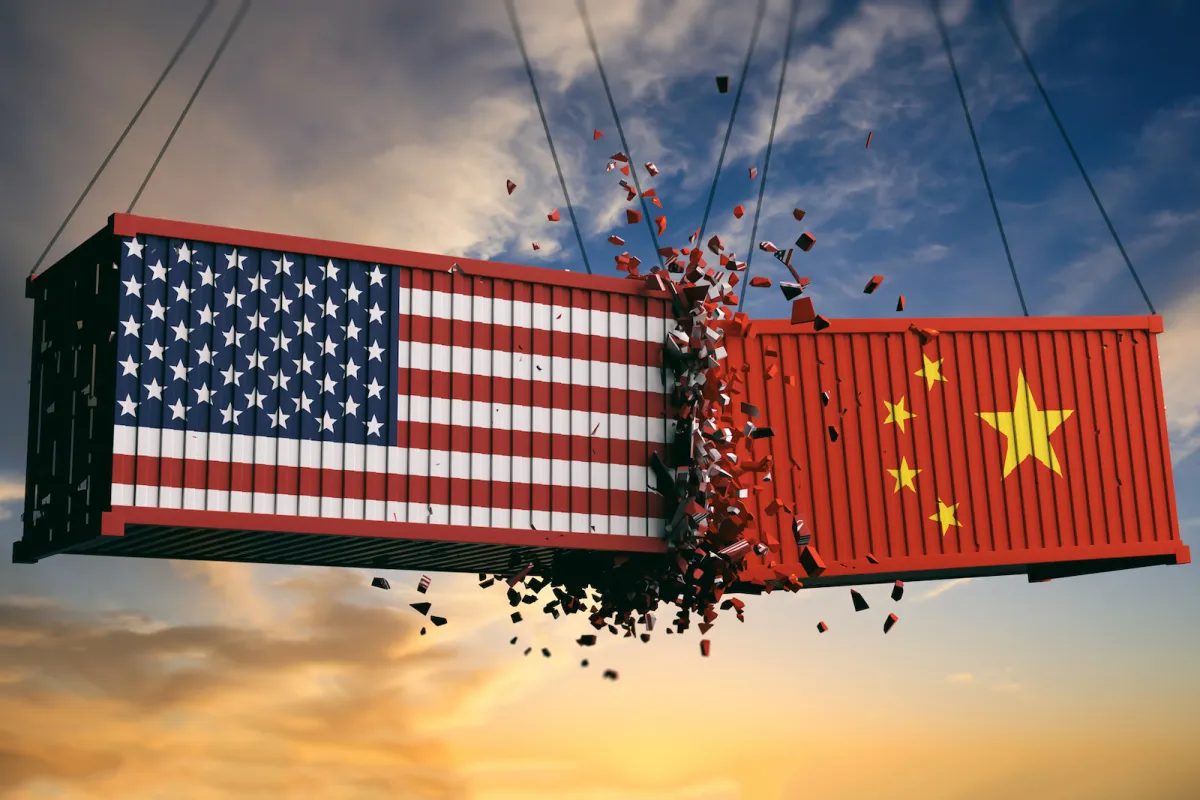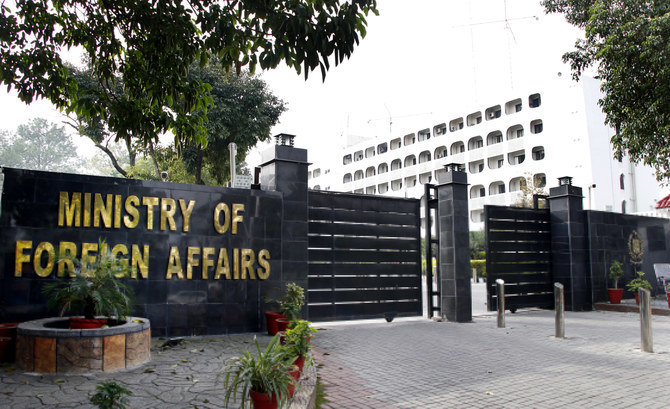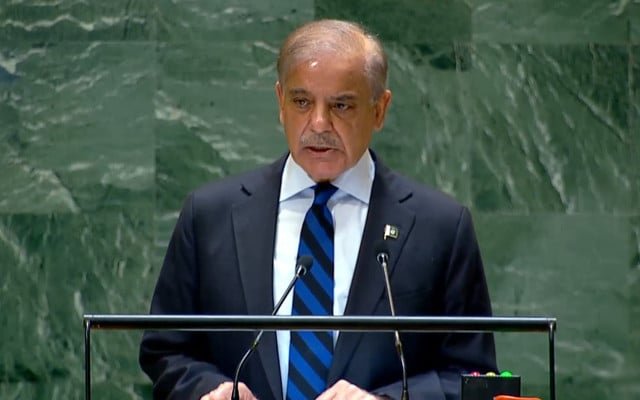BEIJING — China is considering an offer from the United States to restart trade talks amid escalating tensions over former President Donald Trump’s steep 145% tariffs on Chinese goods, according to a statement from China’s Commerce Ministry on Friday. However, Beijing warned that it won’t bow to “extortion and coercion.”
The potential for dialogue comes after months of rising tariff pressure between the world’s two largest economies, which has disrupted global markets and fractured international supply chains. While China signaled it was open to negotiations, officials made it clear that the U.S. must demonstrate “sincerity” and rollback punitive trade measures if any meaningful progress is to be made.
“The U.S. has approached China through various channels expressing its interest in talks,” the ministry stated. “We are evaluating the proposal. But if the goal is to pressure us into concessions, it won’t succeed.”
The statement follows reports that the U.S. has quietly reached out to restart communication, despite earlier denials by Beijing that talks were ongoing. The move comes after China responded to Trump’s aggressive tariffs by slapping its own 125% duties on a range of American imports, further deepening the standoff.
While both sides publicly maintain tough positions, analysts suggest backchannel communications could lead to de-escalation, particularly as tariffs at this scale are making two-way trade economically unviable.
On China’s end, it has taken steps to soften the impact of its own tariffs, exempting certain U.S. goods like pharmaceuticals, jet engines, and microchips—indicating a strategic approach aimed at maintaining domestic stability while applying selective pressure on Washington.
The U.S., meanwhile, has ramped up its pressure by ending duty-free access for low-value shipments from China and Hong Kong under the “de minimis” rule. Despite this, key American officials remain cautiously optimistic.
Treasury Secretary Scott Bessent said this week, “We believe China wants a deal. First, we need to de-escalate, then we can move toward a broader agreement.” President Trump echoed the sentiment, saying there’s a “very good chance” a deal could be reached.
China, grappling with slowing economic growth and a persistent property sector crisis, has dismissed the tariffs as bullying tactics but acknowledged the need to adapt to global shifts. President Xi Jinping recently called for government officials to prepare for “changes in the international environment,” without directly naming the U.S.
As global eyes watch for signs of thaw, the outcome of this trade standoff could have lasting consequences for international trade, supply chains, and economic policy.
















